Strength in Numbers: REF Success across the South Central Region
You have probably seen the phrase ‘REF’ making appearances all over the internet over the last week. And perhaps you don’t know exactly what it means? For universities, it’s a huge day in the calendar. A moment where their hard work and research; measured by the quality of outputs (publications, reports, etc), impact beyond academia and research environment; are assessed by expert review. REF is important for regional, national and international recognition, it is used to determine funding for universities, and is a way for universities to assess their performance and highlight where to further invest their resources.
At the South Coast Centre of Excellence in Satellite Applications, we recognise how important research is within our region, both as a sign of academic excellence, and to support our industrial space sector. We are extremely lucky to work with four incredible universities with such exciting research portfolios, and the REF results show how successful they have been.
At the University of Portsmouth, all eyes were on the Physics results (under which the majority of space-related research sits). This particular unit of assessment was rated as world-leading/internationally excellent and propels Portsmouth to 6th place for Physics in the UK, according to the Times Higher Education ranking. An incredible accolade.
Highlighted research included the discovery of gravitational waves, an exciting new way to observe the universe. Gravitational waves were detected for the first time in 2015, by the team at the university’s Institute of Cosmology and Gravitation, when a gravitational-wave signal from two colliding black holes was detected by the Laser Interferometer Gravitational-wave Observatory (LIGO).
Since then, more than fifty signals have been detected from merging black holes and two signals originating from the coalescence of two neutron stars and two signals arising from neutron stars merging with black holes. Of particular note was the double neutron star merger named ‘GW170817’, which was observed across the electromagnetic spectrum, and was the first observation of an astronomical source with both electromagnetic and gravitational waves. Truly out of this world research!
The University of Surrey, equally had excellent REF results, with 41% of Surrey’s research rated as world-leading, up from 22% when REF last took place in 2014. The University is now also ranked in the top 20 in the UK for the overall quality of research outputs – research papers and other published works.
Spotlighted research included that of their propulsion group which aims to produce low-cost, moderate-to-high performance propulsion systems capable of moving microsatellites from low to high earth orbit and beyond, and to maintain microsatellites in their orbits for innovative, demanding mission schemes, such as those required for formation flying.
For REF 2021, the University of Sussex saw that 89% of the research submitted was categorised as ‘world-leading’ (40.6%) or ‘internationally excellent (48.4%). And that 93% of the research impact was assessed to be ‘outstanding’ or ‘very considerable’ – up from 80.7% in 2014.
Space sector research included a project titled, ‘Forecasting for Drought in Kenya’ a collaboration between University of Sussex researchers, Kenyan national agencies, and non-governmental organisations that aims to improve drought predictions through the use of machine learning techniques to analyse satellite-based Earth observations.
Finally, The University of Southampton also excelled with 92% of the university’s submission being classed as ‘world leading’ (4*) or ‘internationally excellent (3*), placing Southampton in the top 10% of UK institutions.
The University of Southampton is working on research to use space data to put vulnerable people on the map. By integrating satellite, census, and survey data to map population distributions in low-income countries, the WorldPop programme was born, a research project that develops new methods for geospatial data integration to improve the demographic evidence for low and middle-income countries.
As you can see, the South Central region is brimming with research talent across all of its universities, from gravitational waves at Portsmouth to forecasting drought in Kenya at Sussex. Our exceptional contribution to the space sector is significant, with breadth and depth covering both the upstream and downstream elements of space. And we are all excited to see the continuing impact our region can make here on earth!
